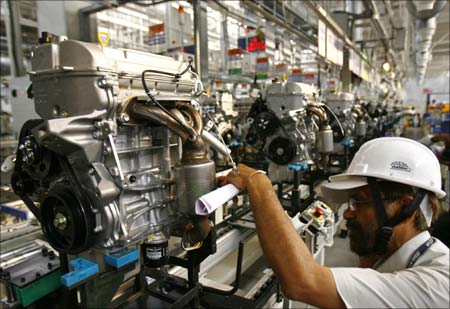The cement industry in India is the 2nd largest in the world and manufactures 8% of the production that takes place in the whole world. However, just like every rose has a thorn, the level of competition in this industry is immense. To gain a foothold in such a market it is imperative that you take all steps to ensure that business has the edge and cement industry ERP software gives you just that.
Source : http://bit.ly/2kCSIp4
Factors Affecting Growth
Growth is a big part of the staying alive game in the cement industry. And in order to drive growth, you often need to increase of exactly how much capacity you utilize. The execution of processes needs to be improved along with enhanced control over a rapidly rising quantity of on-hand inventories.
The Aim
Other granular business aspects like reduction in the tear down in the gap between two successive batches along with cleaning up everything in the same space of time may also be needed to achieve the maximum potential of the business. Turnover times may also be reduced for the quick fulfillment of orders by operating on a build to stock basis rather than a build to order structure of production.
The Advantages of ERPs
In order to achieve and realize goals like these, it is imperative that you pick the right ERP which not only has tons of features but also at the same time suits your business. All the requirements mentioned above may be effectively managed through the use of a cement industry ERP. If you dig deep into the market you will indeed find an ERP that fits the bill to perfection. You just have to on keep looking.
The right ERP for cement industry should steer you to a specific growth plan in the years to come. The ERP developers themselves need to know exactly what they are doing and should be acutely aware of the goings-on in the industry and exactly what the firm implementing the ERP needs. The company should feel that the personnel of the ERP vendor are reliable and may be approached with ease.
At Last
When you are ready to blast off your business in the growth trajectory, an ERP is exactly what the doctor ordered. ERPs not only enhance the business processes but also facilitate the day to day activities of the cement business. Best of luck with your business! May the best ERP be with you!


